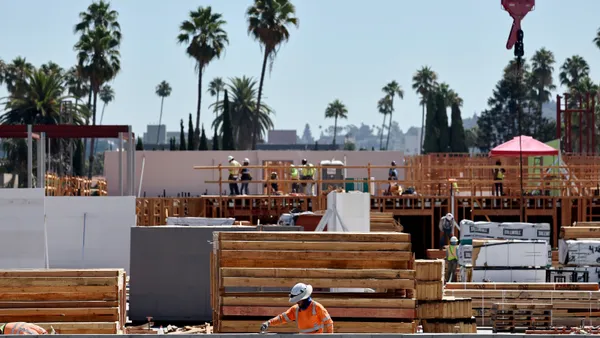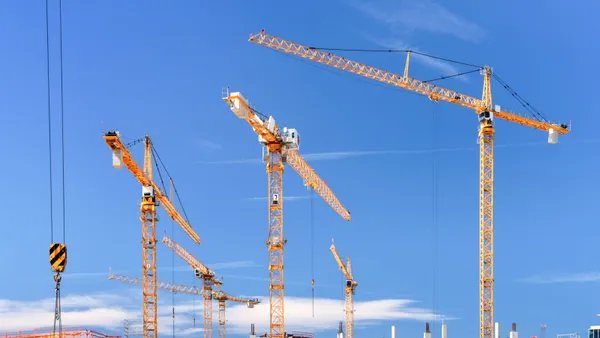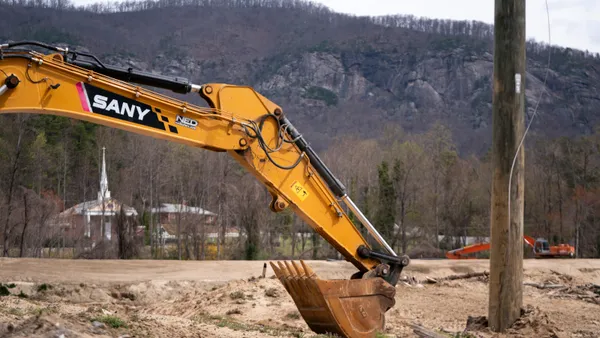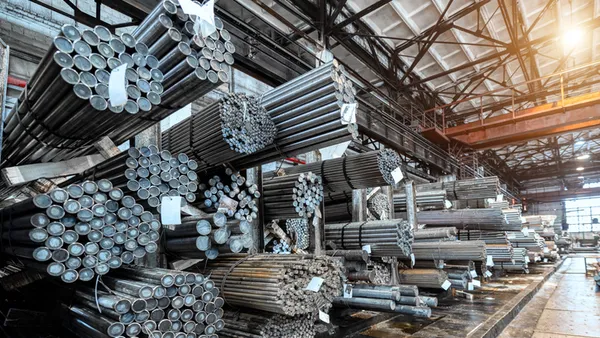Dive Brief:
- The New York Building Congress reported Tuesday that New York City issued 56,528 permits for residential units in 2015 — a 180% increase from 2014 and a 67% increase from the peak of 2008’s building boom,.
- 2015 marked the sixth consecutive year of increased permitting activity for residential units in New York City. The NYBC also found that construction costs rose 25% from 2014 to 2015, with the average cost of a unit at $124,300.
- Brooklyn laid claim to 46% of 2015’s permitted residential units, and 97% of all permits were for units in buildings with five units or more.
Dive Insight:
NYBC President Richard Anderson said that while the boost in activity could be chalked up to New York’s popularity as a place to live and do business, the mammoth permitting numbers were also influenced by permits applied for in 2014 but not approved until 2015, as well as a run on the building department in advance of the 421-a developer tax credit expiration. Anderson also said that the permits issued in Brooklyn represented more than the rest of the city combined for 11 of the last 15 years.
Anderson added that while construction activity should continue to be robust for many months to come, the effects of the loss of the 421-a tax credit and Mayor Bill de Blasio’s affordable housing plans loom over the city's building industry. The New York State Assembly first passed the 421-a tax incentive in order to give developers significant tax breaks to build new residential buildings. The 421-a program came to an end, at least for the time being, when the Real Estate Board of New York and the Building and Construction Trades Council of Greater New York could not agree on the prevailing wage provisions required for its extension.
With all of the building going on in the city, and in an interesting twist, the Wall Street Journal reported last month that developers and general contractors were choosing not to renew some collective bargaining agreements for private work, prompting The Journal to surmise that unions were "losing their grip" on the New York City construction market. Cost is the primary driver of decisions to hire non-union workers. A New York City Independent Budget Office report earlier this year found that if union wages were paid on the housing program de Blasio developed, it would increase the initiative's costs by 23%.













